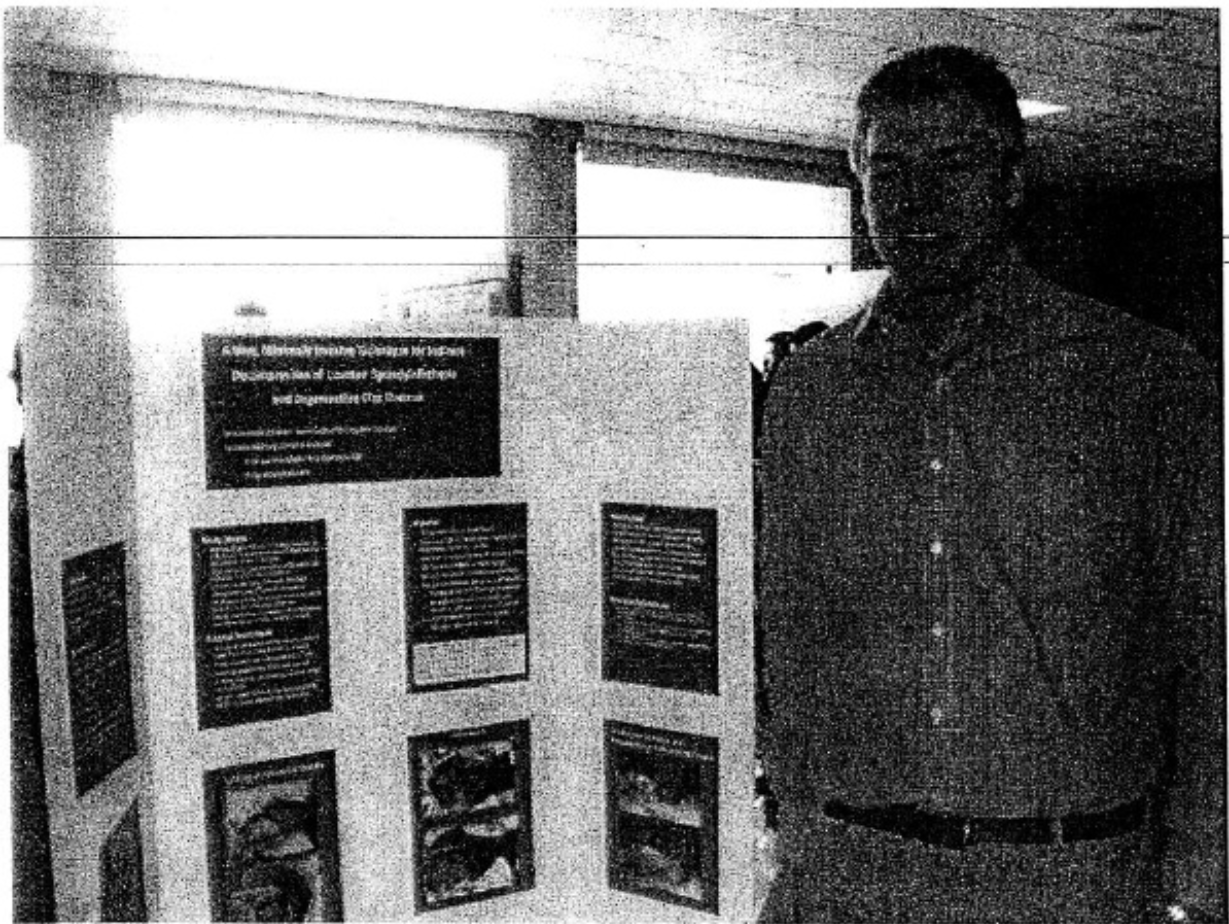In extremely limited situations, Facebook actually does respond to discovery requests. In my September 2014 post, Getting Someone’s Facebook Information, I wrote that to get someone’s Facebook information, you usually have to direct your request to that person during discovery. That person then uses the “Download Your Information” tool to produce the information. However, when subpoenas and preservation requests come from law enforcement, Facebook does respond. You can read more about the process at Facebook’s law enforcement guidelines page.
So, what does Facebook’s response to a subpoena actually look like? In connection with its investigation into the Craigslist Killer, Philip Markoff, the Boston Phoenix published Facebook’s response to the Boston Police Department’s (BPD) subpoena of Markoff’s account information. The Boston Phoenix published Facebook’s production because it believes “that there's a strong argument for distributing this, not only for its value in illustrating the Markoff case, but as a rare window into the shadowy process by which Facebook deals with law enforcement.”
What Facebook produced to the BPD was a 71-page paper document. Of that document, 8 of those pages were the subpoena itself, and the remaining 63 pages constituted a printout of Markoff’s Facebook account information. The information was for January 20, 2009, through April 23, 2009, and included his friends list, wall posts, photos he posted or was tagged in, and a table of his login and IP data.
The response was surprisingly low-tech. It is ironic that a high-tech company would produce a paper-only printout with low-quality images like this:

Facebook also provided a complete list of the user IDs and names of everyone on Markoff’s friends list. While this investigation didn’t expand to Markoff’s friends, the Atlantic Wire points out that
It doesn't seem as if this particular investigation expanded to anyone beyond the main suspect, but it wouldn't take much imagination for police to use that list to start asking Facebook for more profiles, if only to widen the dragnet. If you posted a photo of criminal, maybe they want to know what else might you have posted and who else might you be talking to online?
What may be more surprising is how pedestrian most of the information was. For a killer, Markoff’s profile is pretty unremarkable. There are no salacious messages or alarming pictures, nor are there any other red flags that give us insight into Markoff’s criminal activity. Perhaps the Facebook activity for an accused less careful than Markoff would be helpful to criminal investigators—even if the images are terribly grainy.